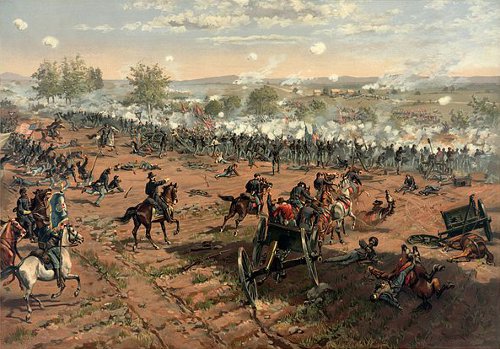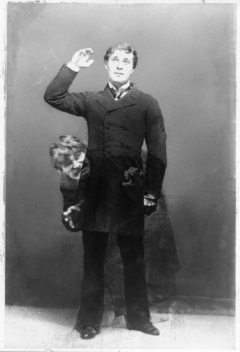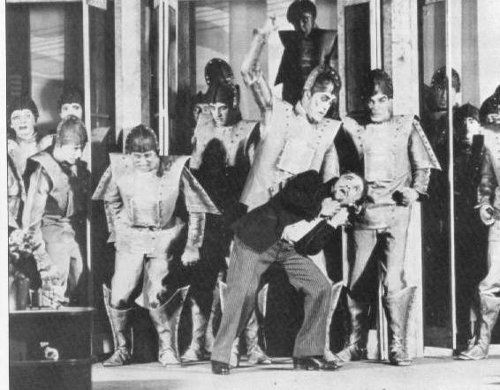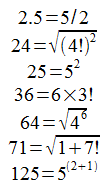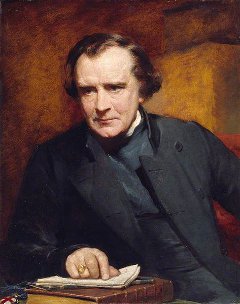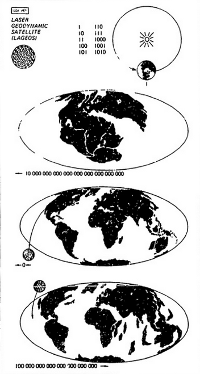At Bradfield, a primitive village on the edge of the moors, in the parish of Ecclesfield, I was informed by a person of much intelligence, that a custom as obtained in the district from time immemorial — ‘for hundreds of years’ was the expression used — of inviting bees to funerals; and that an instance could be produced of the superstition having been practised even within the last year. What is done is this. When a death occurs, a person is appointed to call the neighbours to the funeral, who delivers the invitations in one form of words: ‘You are invited to the funeral of A.B., which is to take place at such an hour, on such a day; and there will be dinner on table at — o’clock.’ And if it should happen that bees were kept in the garden of the house where the corpse lies (not an unlikely thing near moors), the messenger is instructed to address the same invitation to the bees in their hives; because it is considered that, if this compliment be omitted, the bees will die.
— Alfred Gatty, Notes & Queries, Oct. 25, 1851


